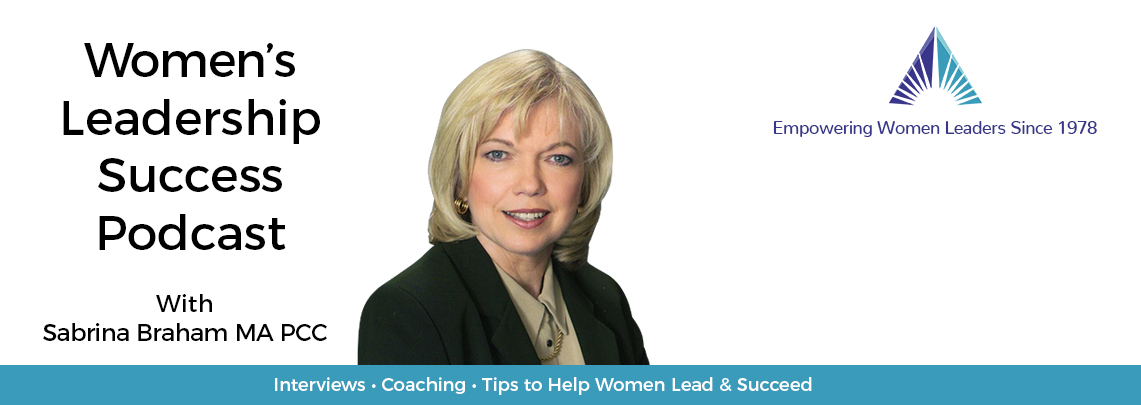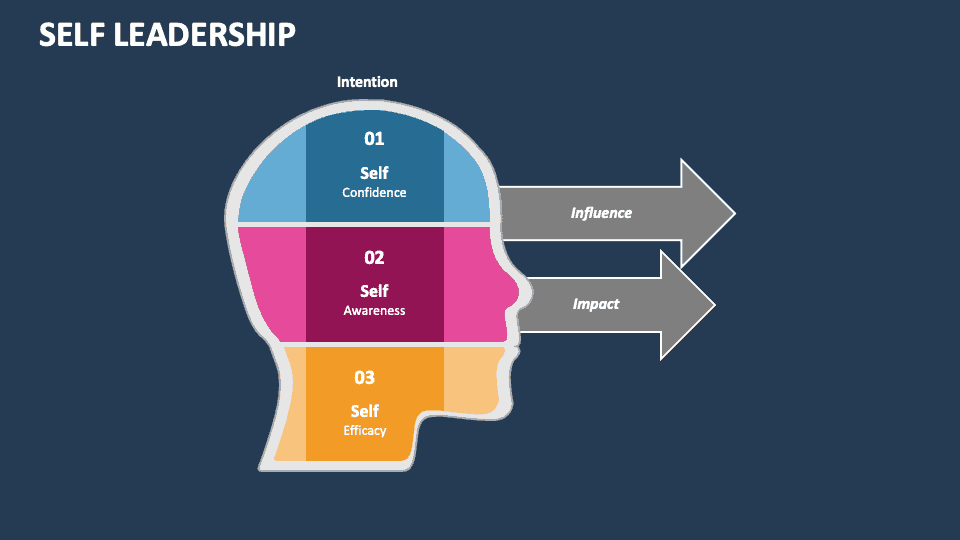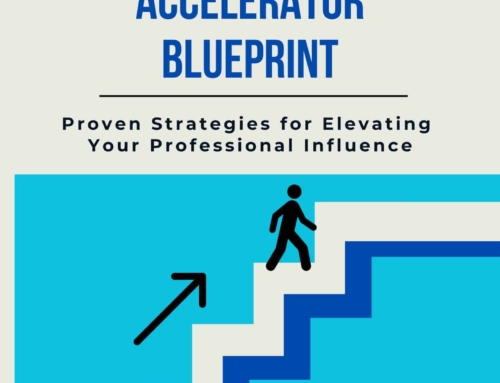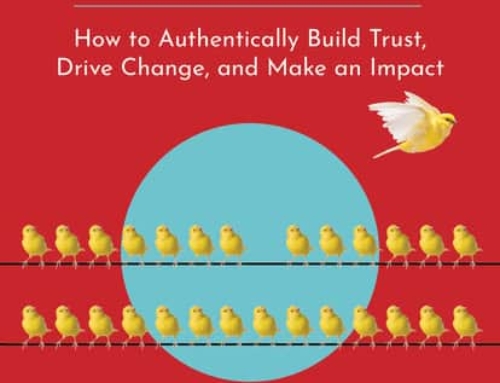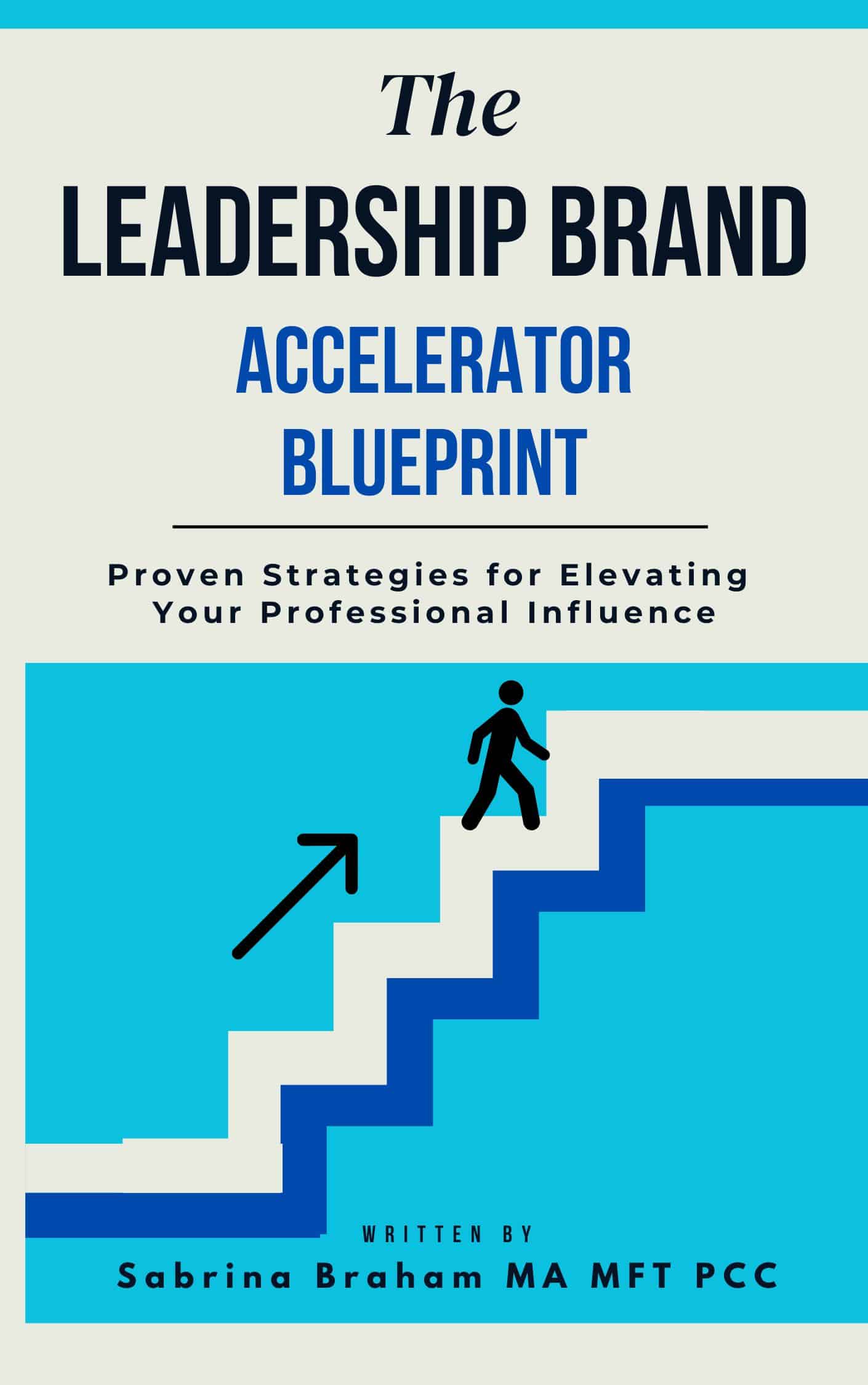Podcast: Play in new window | Download
Subscribe: Apple Podcasts | Spotify | Android | Pandora | iHeartRadio | Blubrry | TuneIn | Deezer | RSS
Today, let’s talk about self-leadership strategies.
Do you or someone you know have these leadership issues?
- How often do you make decisions based on incomplete or biased information?
- Have you ever considered that your words and actions might be causing misunderstandings, confusion, or even conflict within your team?
- Are you perceived as out of touch or insensitive to people’s needs and concerns?
- Not sure what leadership soft skill areas you need to improve? (find out below)
If so, meet Richard. He graduated from an Ivy League school with many awards and patents. Richard was known for his brilliance, innovation, and ability to accomplish things, so he was on a fast track to promotion.
However, Richard was about to face a challenge he had never seen coming.
The Challenge
Richard’s boss informed him that his team was unhappy with him, perceiving him as cold and insensitive to their needs and concerns. The team was not functioning well, with a lot of conflict, and Richard was identified as part of the problem. At first, Richard was angry, believing the team had the problem, not him.
He didn’t understand how his behavior contributed to the team’s tensions until he saw the results of a 360-degree feedback report completed by his team, peers, and boss. The report revealed that his words and actions were causing misunderstandings, confusion, and conflict. Additionally, they felt he was out of touch with or insensitive to their needs and concerns.
Richard’s Realization and Transformation
Richard’s story is not unique; many executive leaders face similar issues. Do you, or someone you know, face these challenges? This is a promotion killer!
According to a 2023 report by McKinsey and Company, which surveyed 2,500 leaders, only 25% are engaged, passionate, and inspiring. People desire leaders who build respect and consider the ethical consequences of their decisions. They want leaders who inspire and develop others.
engaged, passionate, and inspiring. People desire leaders who build respect and consider the ethical consequences of their decisions. They want leaders who inspire and develop others.
Harvard Business Review found that while 95% of people believe they are self-aware, tests showed only 10% are truly self-aware.
Consequences of Low Self-Awareness
A leader with low self-awareness can face numerous challenges that significantly impact their effectiveness and the organization’s overall health:
1. Ineffective Communication: Leaders may not realize how their actions affect others, leading to misunderstandings, confusion, and conflict within the team.
2. Limited Personal and Professional Growth: This prevents leaders from recognizing areas where they need to improve.
3. Poor Conflict Resolution: Without understanding their role in conflicts or how their behavior contributes to tensions, leaders struggle to manage and resolve issues, leading to a toxic work environment.
4. Diminished Credibility and Trust: Employees and stakeholders are less likely to trust and respect leaders who lack self-awareness, viewing them as inconsistent, hypocritical, or disconnected, which erodes credibility and authority.
Self-Leadership Strategies for Building Self-Awareness
Self-awareness means understanding how we affect those around us, developing a transparent view of our strengths and shortcomings, and recognizing and controlling our emotional responses. Here are some Self-Leadership Strategies to help build self-awareness:
1. Seeking Feedback: Actively schedule meetings to seek feedback from peers, subordinates, and mentors. Ask them to rate you in different areas. Consistent effort and sincerity will engage your team in supporting your improvement.
2. Reflection Time: Set aside time in the morning and at the end of the day to reflect on your feelings and the team’s needs.
3. Increased Accessibility: Hold open office hours and organize informal coffee chats with team members. This effort improves relationships, facilitates better information flow, and enhances collaboration within the team.
4. Celebrating Achievements: Recognize and celebrate team achievements regularly. Set reminders to acknowledge individual and team successes, boosting motivation and fostering a stronger sense of community within the team.
Why is it Essential to Develop Self-Leadership Strategies?
The core of good leadership is self-leadership. With a clear understanding of your own emotions, you can recognize the feelings of others and build a strong connection with your team. Implementing Self-Leadership Strategies ensures personal and professional growth, making you a more effective and respected leader.
Richard’s Self-Leadership Journey
As Richard’s executive coach, I recommended Self-Leadership Strategies to build his self-awareness and improve his relationship with his team:
- Seeking Feedback: Richard actively scheduled meetings to seek feedback from peers, subordinates, and mentors. He asked them to rate him 1-10 in different areas. Initially skeptical, the team eventually supported his improvement as they saw his sincerity and consistent efforts.
- Reflection Time: Richard set aside time in the morning and at the end of the day to reflect on his feelings and the team’s needs.
- Increased Accessibility: Previously criticized for being inaccessible, Richard started holding open office hours and organizing informal coffee chats with team members. This effort improved relationships, facilitated better information flow, and enhanced collaboration within the team.
- Celebrating Achievements: Richard realized he had a blind spot in recognizing and celebrating team achievements. He set reminders to acknowledge individual and team successes regularly, boosting motivation and fostering a stronger sense of community within the team.
Leadership Mindset + Communication Skills + Emotional Intelligence Growth = Career & Life Turnaround
A year later, with coaching and feedback from his peers and team, plus his consistent improvements, Richard is now seen as a great leader whom people are excited to learn from and proud to work for. When Richard got promoted, his team and leadership enthusiastically supported him. He also mentored his successor, helping them become a better leader, resulting in a more functional and profitable team than ever.
Incorporating these Self-Leadership Strategies into your journey promises profound personal and professional growth. By sharpening your sensory awareness and empowering your emotional regulation, you equip yourself with invaluable tools for navigating life’s complexities with clarity, grace, and authenticity. And you’ll have more fun!
Unlock Your Leadership Potential
Find Out Your Leadership Score Today
- Answer 21 quick questions in 3 minutes
- Discover your leadership success score immediately.
- Get proven leadership and career development tips.
Are you ready to take your leadership skills to the next level? Take our Leadership & Career Development self-assessment now to uncover your strengths and areas for growth!
